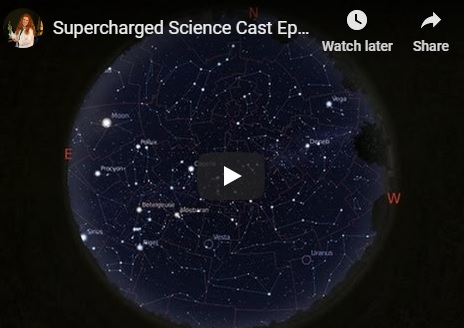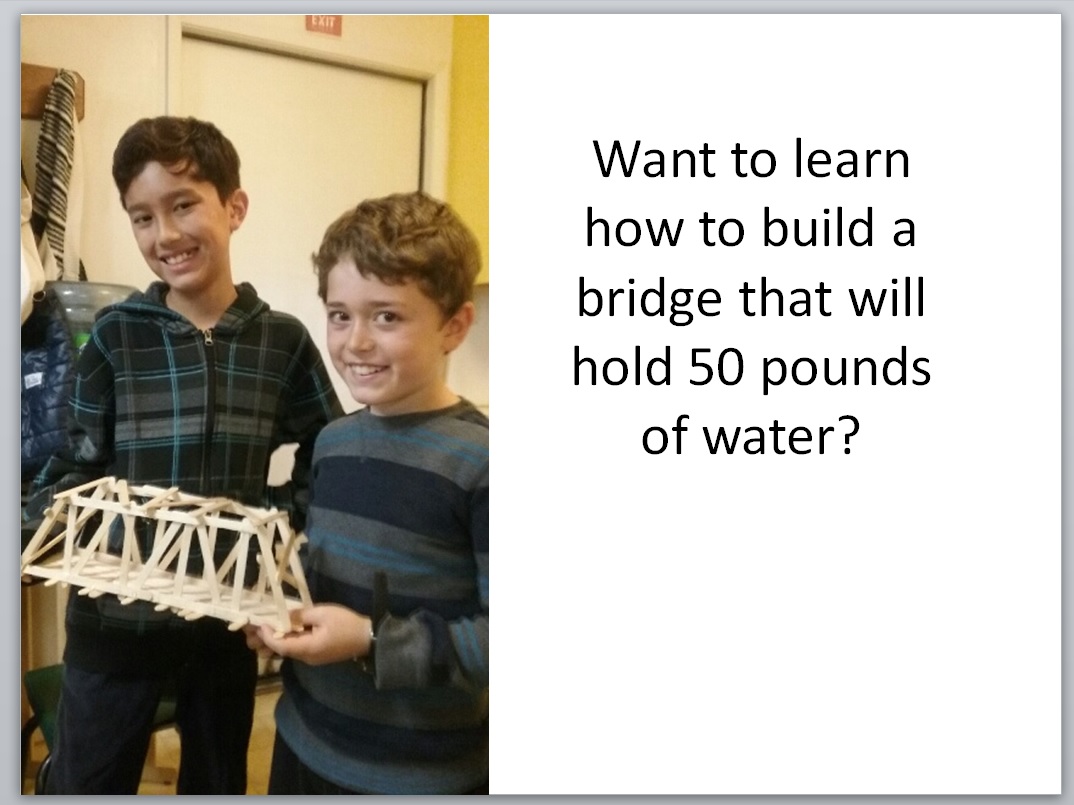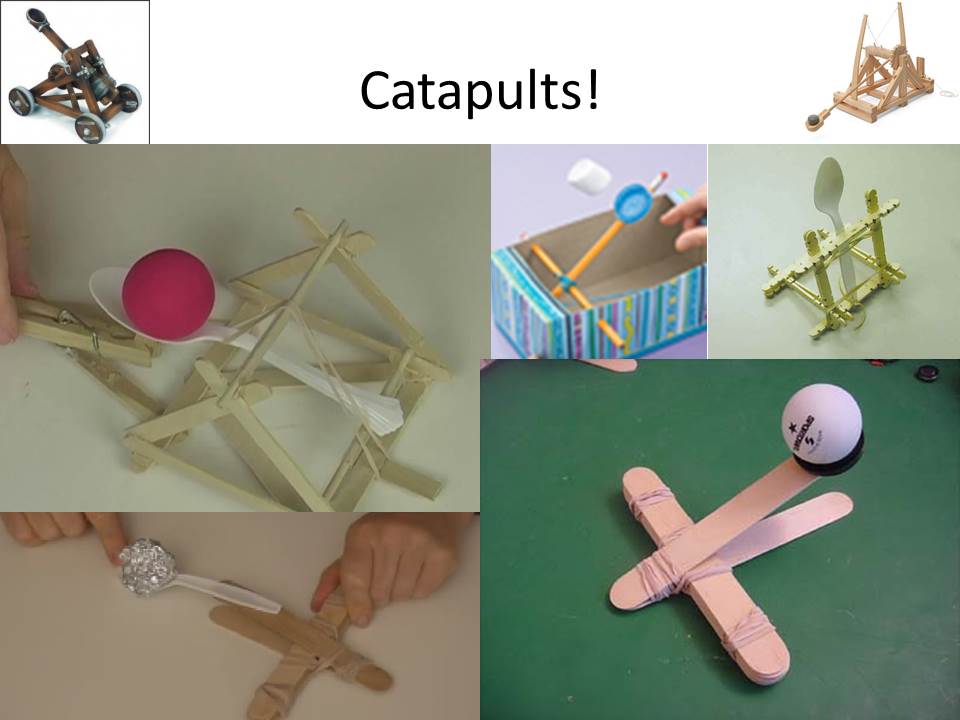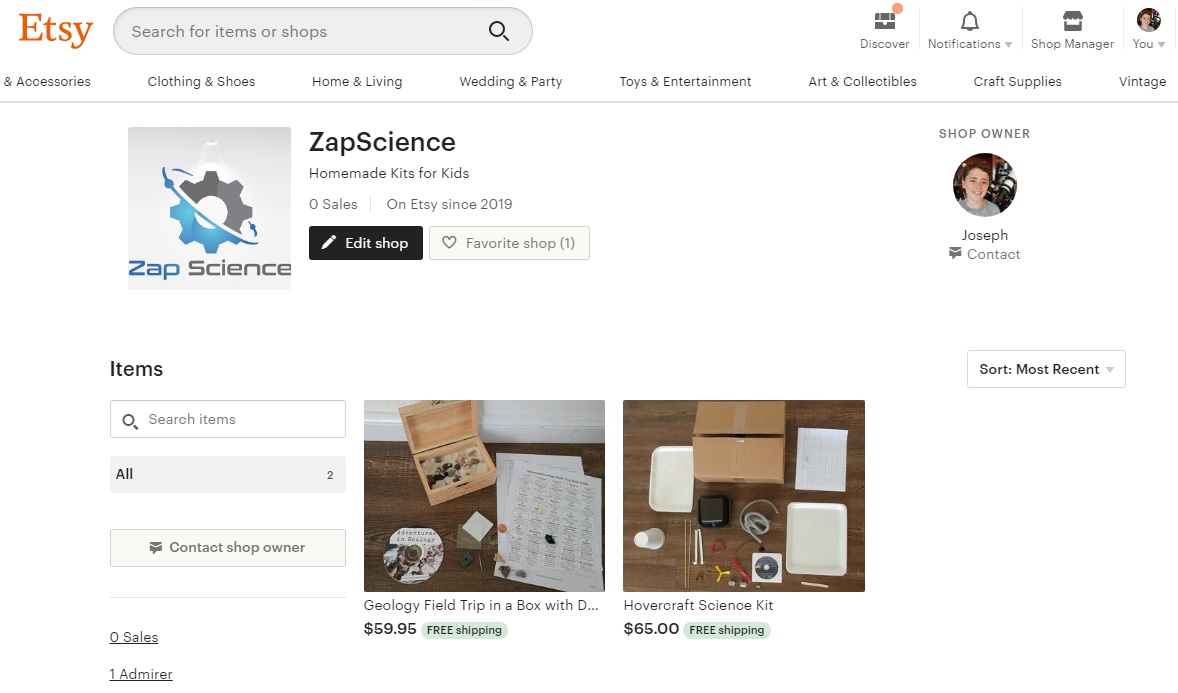Summer’s here and your kids are already bugging you because they can’t figure out what to do with themselves!!
Here’s ten of my absolute favorite summer science activities. Most of the materials you’ll need are simple, cheap and easy to find (exception is the Hot Icicle experiment at the end). Let me know what you think of these by sending me an email!
#1: Star Gazing
There are a couple of options for this: you can find a Local Astronomy Club and peek through their telescopes, because chances are, no matter where you live, there’s probably an astronomy club within driving distance. Click here to find the one that is nearest to you! Another option is to star gaze using software to help you figure out what’s up there in the sky tonight. Use the video below to learn how to do this…
#2: Pen and Paper Games
Good for overwhelmed parents and bored kids! Engage your sense of play and give your brain a fun workout with these rewarding classic games for two. You’ll need two different colored pens or crayons, two pencils, this packet and a friend to play with! Click here to download the packet.
#3: Create Flying Machines
Ever since I was a kid, I have always wanted to fly. In fact, at four years old you could find me on top of a ladder armed with a box fan (plugged in and turned on) and an umbrella, just like Mary Poppins. Unfortunately, I didn’t really understand how some things flew while I didn’t, so I thought we’d look at some of the most amazing flying machines that are real, and also show you how to start designing your own by looking at the aerodynamic forces that you have to deal with whether you’re a kid or an airplane. Click on the video below!
#4: Build a Popsicle Stick Bridge
Can you build a bridge using only popsicle sticks and hot glue that can carry a bottle of water? (For smaller kids, use a smaller water bottle.) The only limitation is that you may not glue the bridge to the table. I will use masking tape to attach the end of the bridge to the table if needed only after they build the bridge and are ready for testing. Click here to get started!
#5: Catapults!
Ancient people teach us a thing or two about energy when they laid siege to an enemy town. Although we won’t do this today, we will explore some of the important physics concepts about energy that they have to teach us by making a simple catapult. Click here to get started!
#6: Secret Codes and Ciphers
Cryptography is the writing and decoding of secret messages, called ciphers. Now for governments these secret ciphers are a matter of national security. They hire special cryptanalysts who work on these ciphers using cryptanalysis. The secret is, solving substitution ciphers can be pretty entertaining! Ciphers are published daily in newspapers everywhere. If you practice encoding and decoding ciphers, you too can become a really great cryptanalyst. Click video below to start!
#7: Rocketry!
Rockets are vehicles that launch people and payloads into space. Newton’s Third Law of Motion is the principle of action and reaction. With rockets, the action is the force generated by the exhaust gases shooting out the back end of the rocket through the nozzle. This force moves the rocket in the opposite direction. Click video below to get started!

#8: Take a Geology Field Trip!
My robot-award-winning teenager just started his own science kit business recently, and he’s selling geology field trips in a box! If you want one of his, complete with video instructions, he’ll put one together for you and ship it right to your door, all parts included. His store is called ZapScience on Etsy. Otherwise, you can scoop up some of your own rocks from a nature hike and visit this website to try to figure out what you’ve found.
Or, you can help your kid go beyond the lemonade stand and start their own business doing what they know how to and love doing!
#9: Find Meteorites!
Tonight when you get home, put a sheet of white paper on your back porch step. (You may have to put a couple of rocks or tape at the corners to make sure it’s there in the morning!) When you wake up, grap a thin but strong magnet and slide it *gently* under the paper. Any bits that wiggle and move when the magnet comes by are most likely space dust!

#10: Make a Hot Summer Icicle from Sodium Acetate
Does the idea of heating a substance in order to cool it sound a little weird to you? It’s called supercooling, and it happens when you cool a liquid very slowly past the point where it would normally freeze into a solid, and if you do it right, you can get it to stay a liquid even though it should have turned into a solid. When this happens, all you have to do is trigger the substance (like hitting it or throwing something in it) and it will start turning into a solid, but in order to do that it has to heat back up to the freezing point.
You can do this by placing a glass of water in the fridge tonight before bedtime, and when you wake up, carefully take it out and set it on the counter and add one small ice cube. The whole thing should freeze right over! If you want to, you can put the ice in a bowl and pour the supercooled water in a thin trickle on top of the ice cube, and it will instantly crystallize and freeze. The water has to be around 30 degrees F in order for this to work, so check the temperature of your water before you use it. You may have to stick it in the freezer for ten minutes before you use it.
You can do this with water, but it’s much more dramatic to do this with the liquid inside a reusable hand warmer, because it heats up something like 70 degrees in order to freeze! Inside a hand warmer is sodium acetate, which freezes into a solid at 130 deg F. If you’ve ever seen one of these hand warmers, you know that it’s at room temperature (70 degrees) in a liquid state! When the hand warmer gets disturbed, the sodium acetate actually heats up from 70 to 130 in order to freeze solid. That’s because the liquid was below the freezing point, so it has to heat up in order to freeze!
(You’ll want to use reusable hand warmers that contain sodium acetate for this experiment!)








